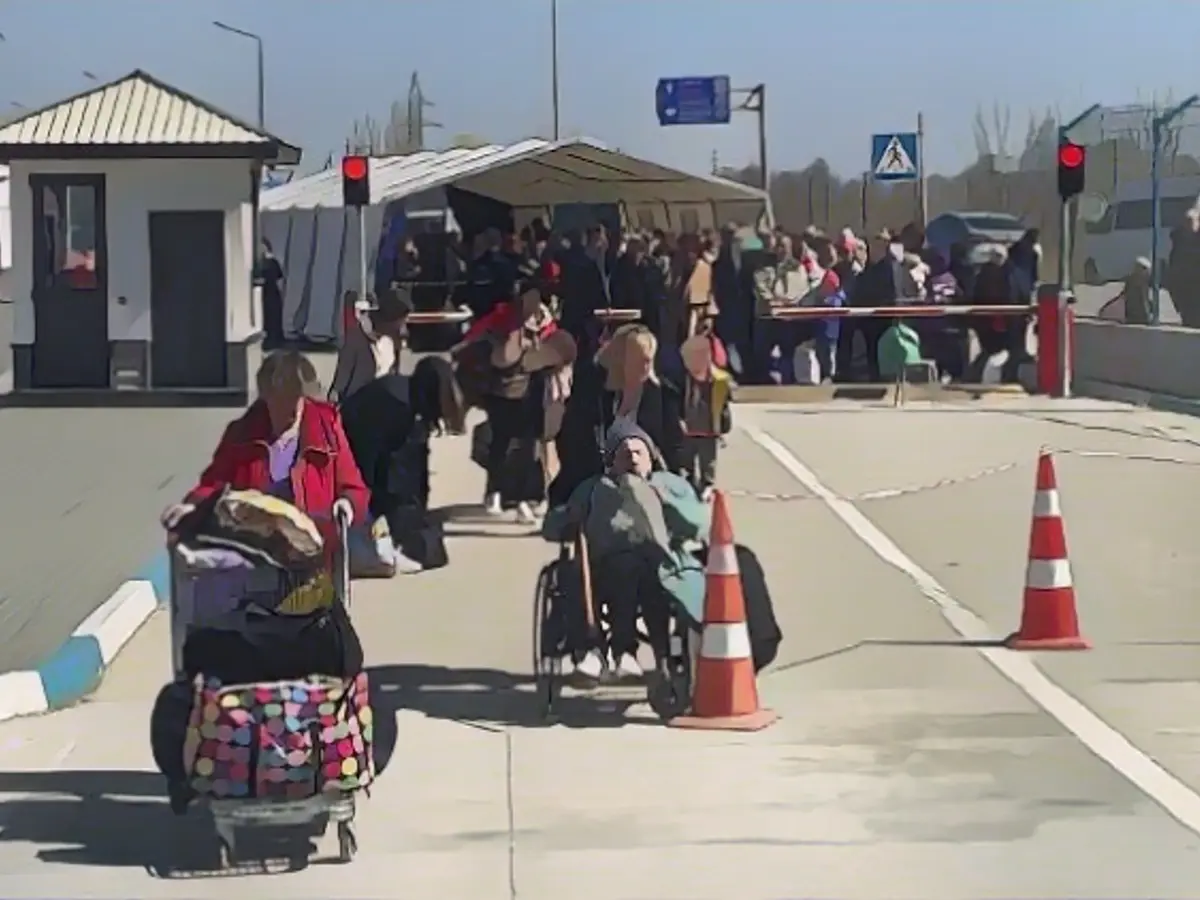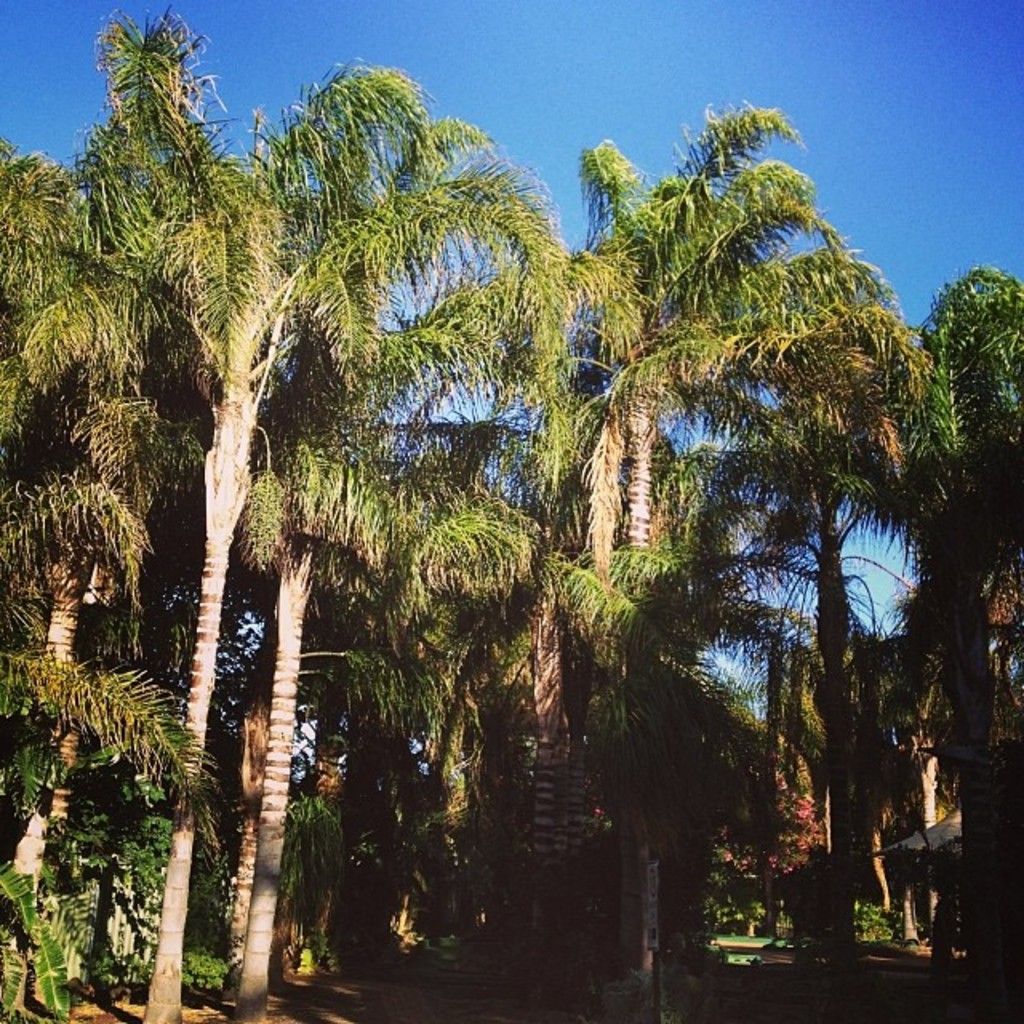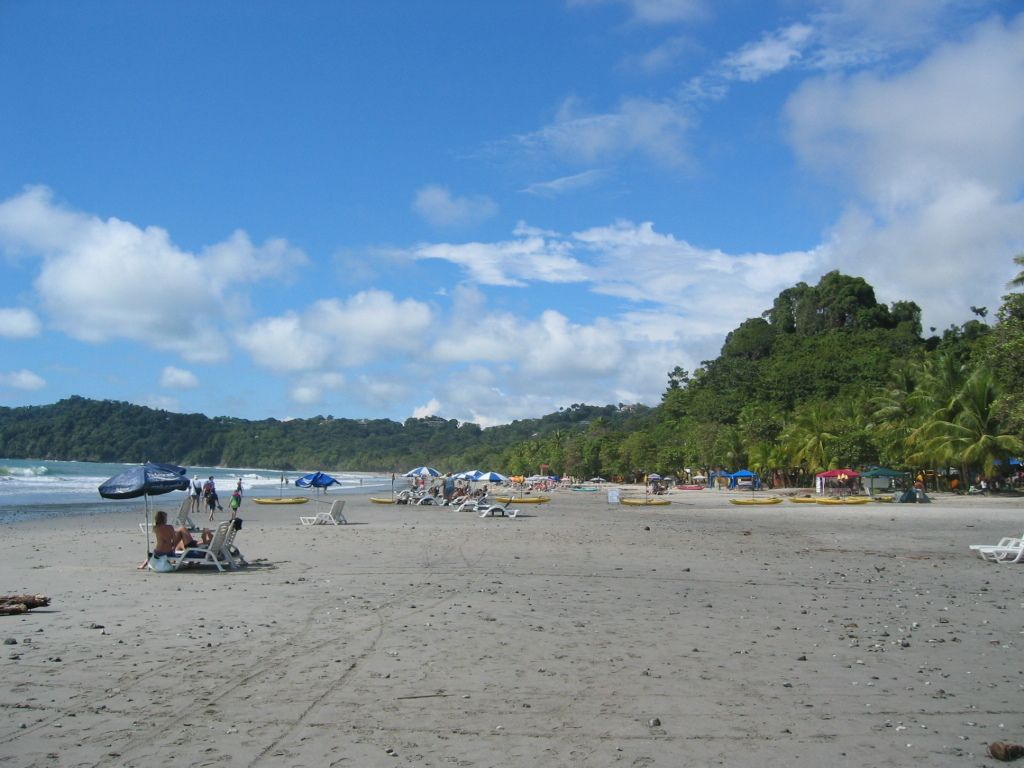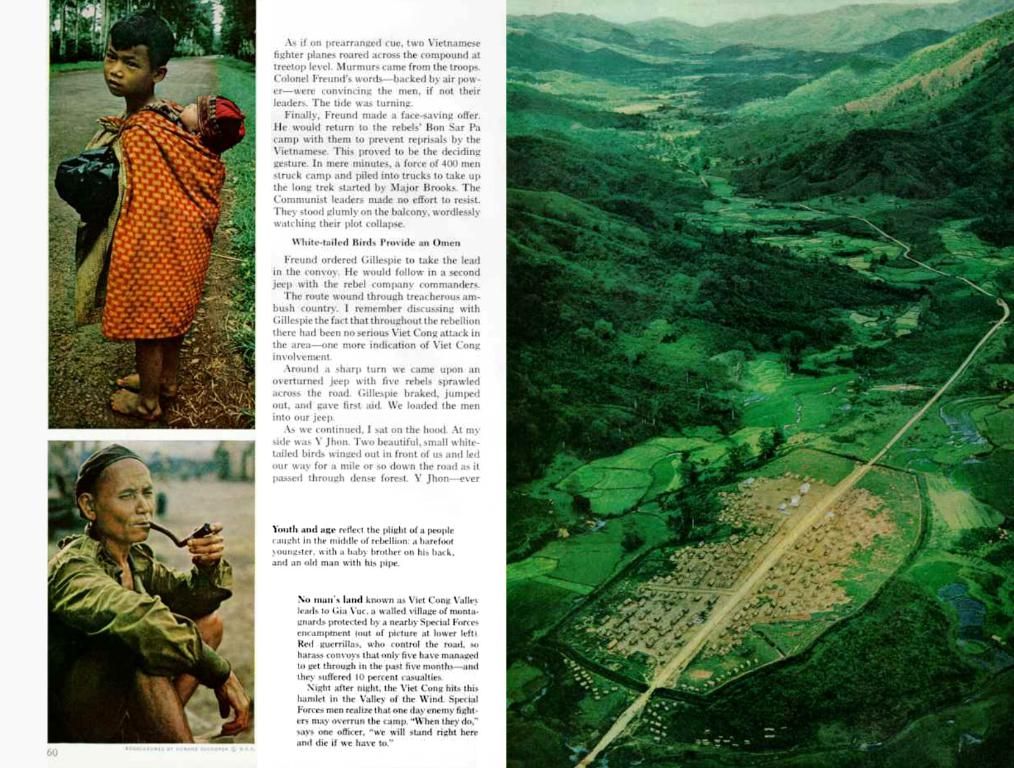If Moldova Loses its Fight, Ukraine's Refugees May Face the Same Fate
A Day in ChiȘinău
As we rush toward the end of the year, there's a flurry of Christmas shopping and last-minute work to complete. Amidst this chaos, there are others fighting for their lives and their loved ones. Our author has been stationed in ChiȘinău, wrestling with both realities.
On December 17, a bus full of 54 women and children from Ukraine will pull into ChiȘinău before continuing onward to Germany. This will only be the beginning for them, with Munich in sight on December 20. But first – they must pass through ChiȘinău, the capital of Moldova. A question for the game show "Who wants to be a millionaire"? What is the name of this city? A: Kharkiv? B: ChiȘinău? C: Khmelnytskyi? D: Chromtau? If you guessed B, you'd be correct – although you probably didn't know that until now. Our author joined them on March 4, 2022, braving the risks to do their part in aiding the evacuation of stranded Ukrainians. This endeavor would eventually grow into a six-month commitment in ChiȘinău, which would eventually lead our author to Odessa. After three months in Berlin, they returned to their home-away-from-home.

Assistance on the Front
This small team - Magdalena Hatschi, Ole Braga, and Hermann Meingast - dedicated their time to bringing Ukrainian refugees to the EU by bus. Their mission: Moldova is considered to be the fourth-poorest country in Europe, having accepted over 500,000 Ukrainian refugees since the war began – despite its population of only 3.2 million.
When the war began, "Be an Angel" became the first organization on the scene to provide assistance. The UNHCR followed a month later.
Rural Resistance
Despite the general chaos, the war remained largely invisible in Moldova. Russian license plates were common, with Odessa serving as a popular weekend getaway destination. The Moldovan people were (and still are) fluent in both Russian and Ukrainian, and often, Italian or German as well.
As a result of the war, many Ukrainian refugees, especially those from rural areas, have found welcoming homes in Moldova. While there are still those who hope to find salvation in a Russian dictatorship, many Moldovans are willing to give up their comforts to assist Ukrainian refugees – if they can.
Uncertainty on the Border
Moldova shares a border with Transnistria, a region only recognized by Russia as "autonomous." However, it remains a powder keg – between the Russian weaponry, the Russian propaganda machine, and the Russian-supported supporters of Putin spreading unrest.
Newly elected President Natalia Gavrilita was forced to resign as a result of Russian-financed protests. This left a liberal, young, and ambitious government in power, which had only recently taken office in December 2021.
Resistance in the Face of Uncertainty
As the winter approaches, Be an Angel prepares for the next phase of their mission. They've been assessing the chances of evacuation more thoroughly, particularly as the front approaches the border. They've been tirelessly working to gather declarations of consent from each and every passenger, sending passenger lists to Ukrainian authorities and dealing with strict border controls.
For the Be an Angel team in Germany, Moldova, and Ukraine, this effort means 12- to 16-hour workdays, answering questions and addressing concerns – all to ensure that Ukrainian refugees can reach safety.
Émigré’s Unexpected Journey
The path from ChiȘinău to Germany has become grueling, but hope keeps the people moving. Every team member approaches their task with a renewed sense of purpose and dedication to their mission – until they can finally say that "every life counts."
Read also:
Without the generous support of donors like the Regine Sixt Children's Aid Foundation, efforts to evacuate Ukrainian refugees from the war zone would not be possible. Despite the dangers that plague these evacuating routes, Be an Angel's team of Magdalena Hatschi, Ole Braga, and Hermann Meingast remains committed to saving lives and spreading hope.
While the exact numbers of Ukrainian refugees living in Moldova are not known, it's clear that many continue to face hardships as the war rages on in Ukraine. Organizations like "Be an Angel" provide much-needed assistance in the wake of this global crisis.
Reference(s):
Source:
Enrichment Data:
Data gathered from a variety of sources, including The Norwegian Refugee Council, the European Commission's Humanitarian Aid and Civil Protection department, and the UN Refugee Agency, indicates that:
- Refugee Numbers in Moldova: As of October 2022, approximately 84,000 Ukrainian refugees had sought asylum in Moldova at this time; however, this number was expected to swell further as the winter set in, making survival even more challenging for many refugees.
- International Aid Efforts: The European Union has provided $248 million in aid to Ukraine along with neighboring countries to help Ukrainian refugees. This funding has been used to rehabilitate medical facilities, offer education services, and provide food and shelter for those displaced by the conflict.
- Long-Term Effects of Displacement: Research from the Norwegian Refugee Council notes that displacement has negative psychological effects on those living in temporary accommodation, with many experiencing PTSD, depression, and anxiety. The ongoing conflict and uncertainty regarding their return to Ukraine has created even greater impacts on the mental health of these refugees.
- Efforts to Integrate Refugees: The Ukrainian community in Moldova has been actively working to integrate with the local population, with the hope that this will make a positive impact on the cultural landscape of the country. This initiative, called "Ukraine Lives in Moldova," has been supported by the European Union and highlights the resilience of the Ukrainian diaspora.
These statistics and observations shed light on the complex and evolving situation in Moldova, as well as the efforts being made to aid Ukrainian refugees in the country.








